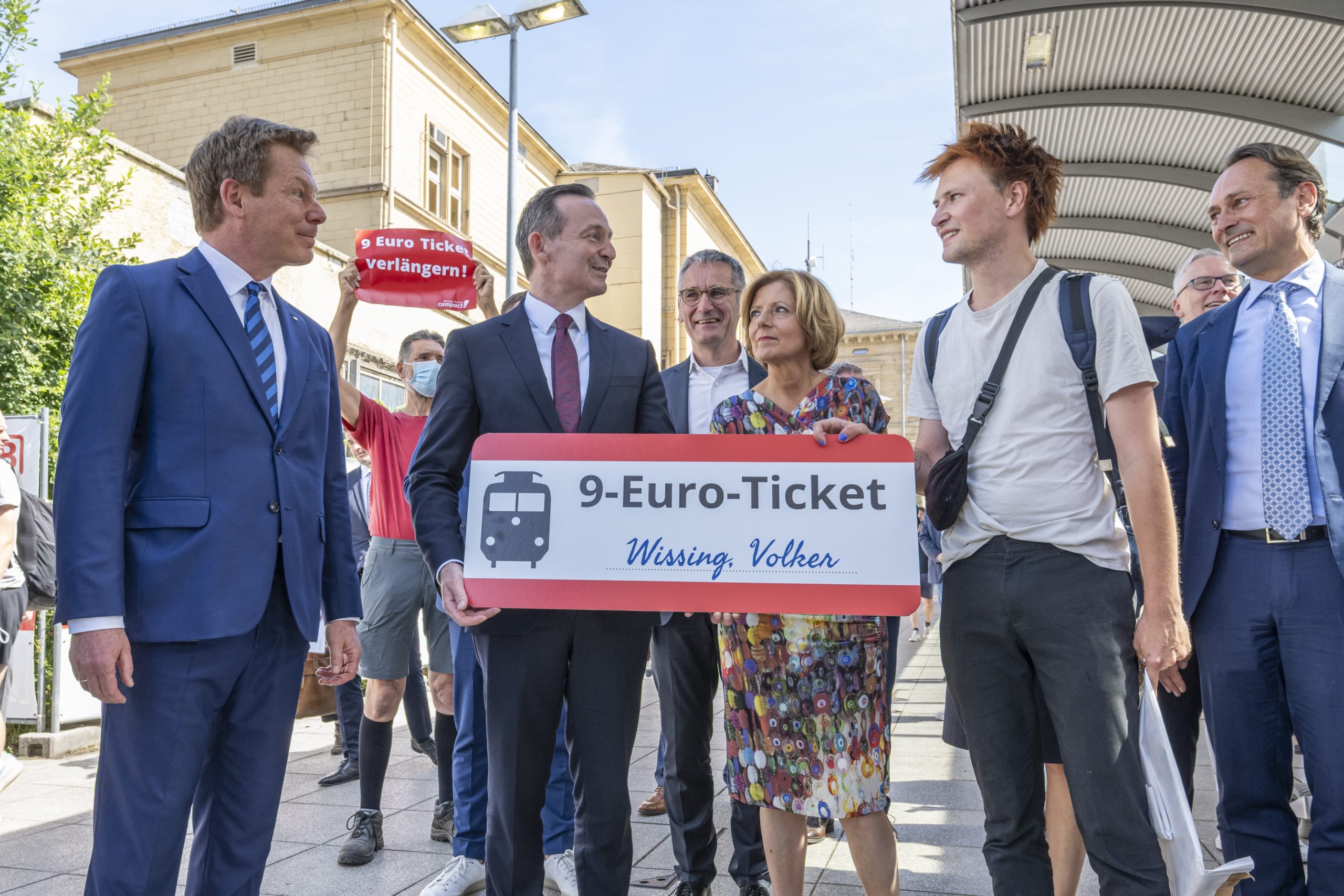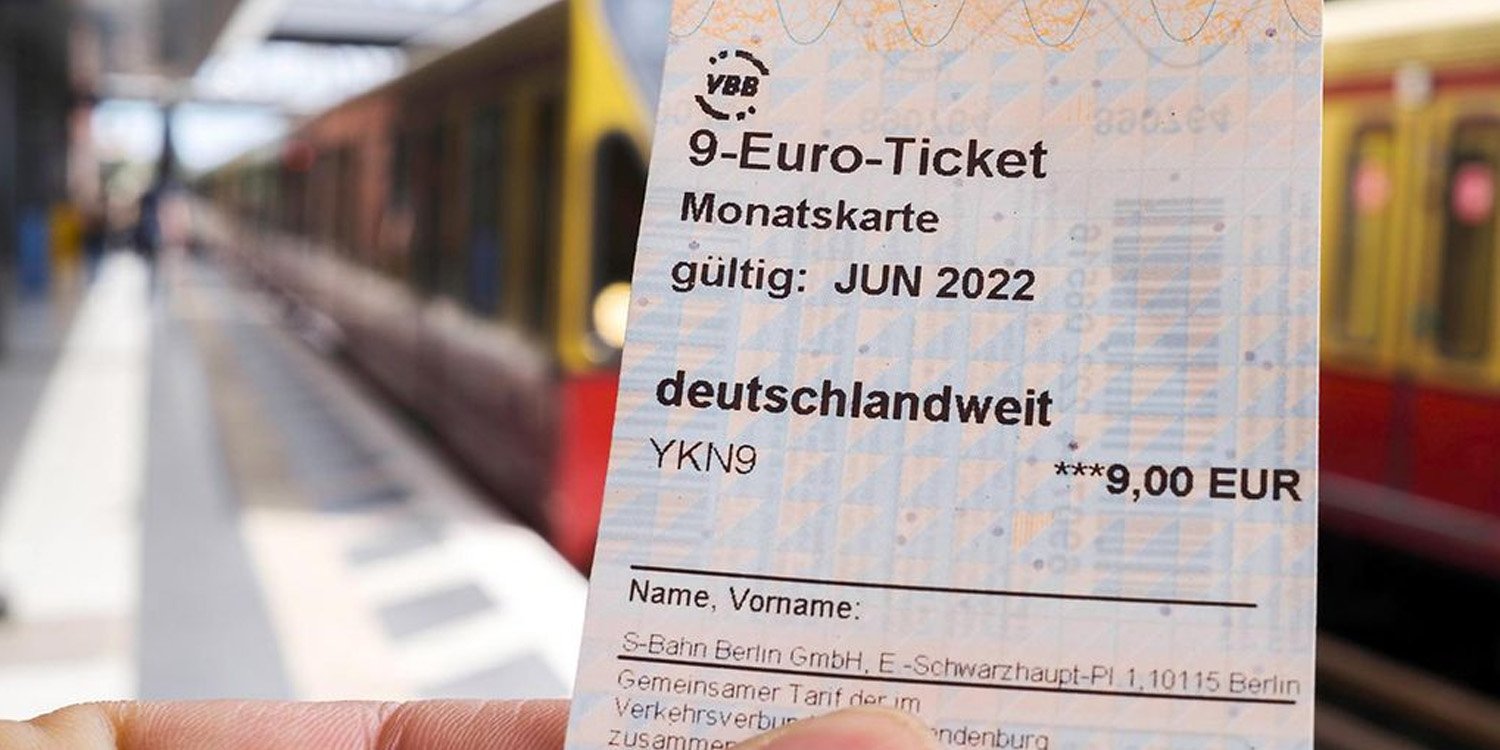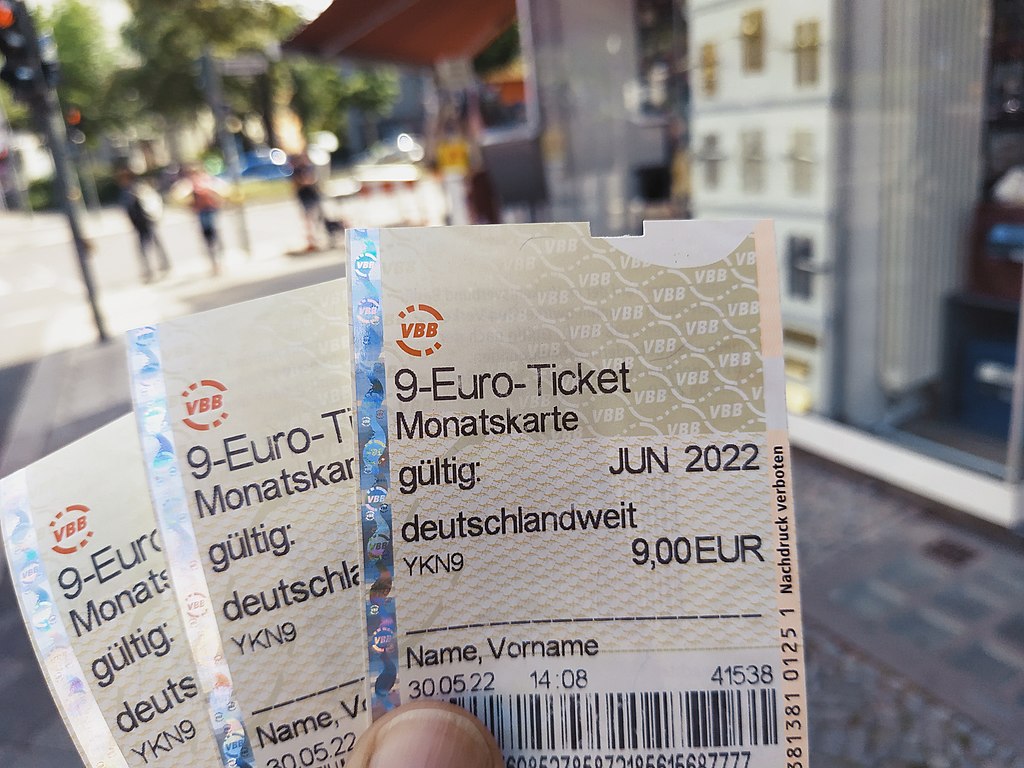Germany Trials S$12.70 Ticket For Unlimited Public Transport Trips From June To August
Many countries around the world face a difficult time tackling car-dependency issues, which have a direct relationship with traffic and emission problems.
To tackle the issue, the German authorities recently trialled a new scheme which grants residents unlimited access to most public transport for a monthly fee of just S$12.70 (€9).

Source: Wikimedia Commons
Since its initiation, traffic has reportedly eased considerably in most cities.
Germany trials S$12.70 ticket for unlimited public transport trips
In a bid to ease inflation woes and tackle residents’ dependency on private cars, the German government introduced the “€9 ticket” scheme in Jun 2022.
As its name suggests, anyone staying in Germany can enjoy endless public transport rides for just S$12.70 (€9) per month, reports Reuters.
The pass is applicable for most types of public transport there, including buses, trams, underground trains, and commuter trains.
Peak hour congestion reportedly lower in most cities
While it was unclear initially if the scheme would have any effects on the country’s car usage, results so far appear promising.
For the week starting 20 Jun, navigation company TomTom found that rush-hour traffic congestion was lower in 23 out of 26 cities, as compared to a week in May.
However, other factors might also be at play, such as higher fuel prices and work-from-home arrangements.
Zooming out, monthly data was equally promising — congestion levels for Jun 2022 were lower than May 2022 and Jun 2019, before the Covid-19 pandemic struck.
Just before launching the subsidies, German cities had recorded a 42% increase in train usage from the same month in 2019.
According to The Guardian, about 31 million people bought the pass in June. The uptake for July reportedly looks “similarly high” thus far.
Though the current scheme will end in August, Germany still seems to be on the fence about continuing it.
Their transport minister, however, has reportedly said that retaining the scheme in its present form might be too costly.

Source: campact on Flickr
A first-world problem with wide-ranging implications
As far as ‘first-world problems’ go, car dependency is arguably one of the most challenging issues to tackle.
However, it’s still a worthwhile endeavour given its implication on a nation’s carbon footprint and accessibility.
Though Germany might seem like a faraway land for Singaporeans, we hope the authorities will look into the viability of implementing such a scheme in our sunny city. Who knows it could help ease our congestion problems too.
Will you be incentivised to go car-less if there was a similar scheme in Singapore? Let us know in the comments.
Have news you must share? Get in touch with us via email at news@mustsharenews.com.
Featured image adapted from Bundesregierung.

Drop us your email so you won't miss the latest news.










